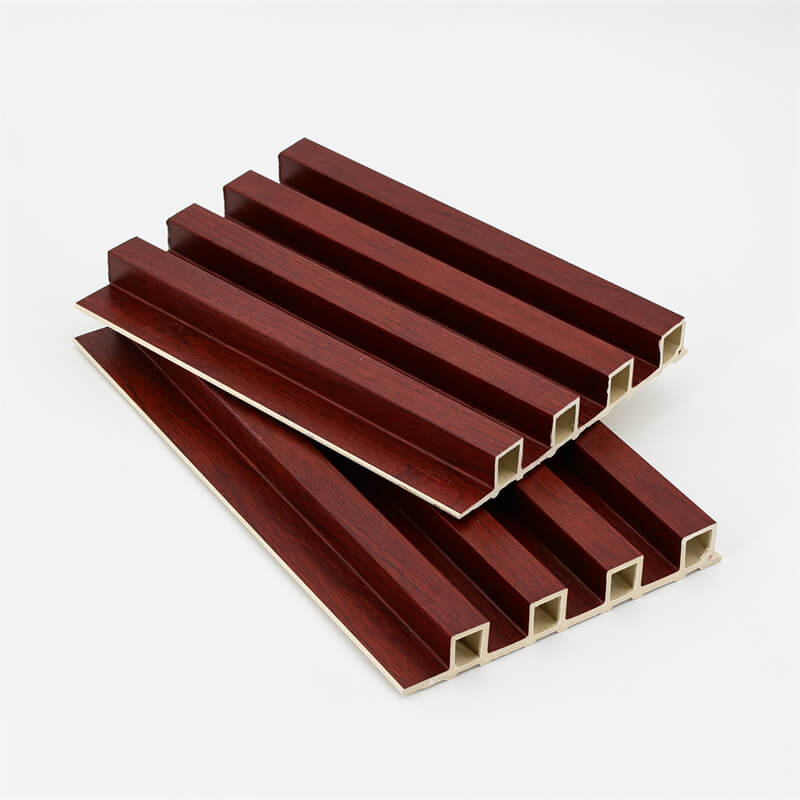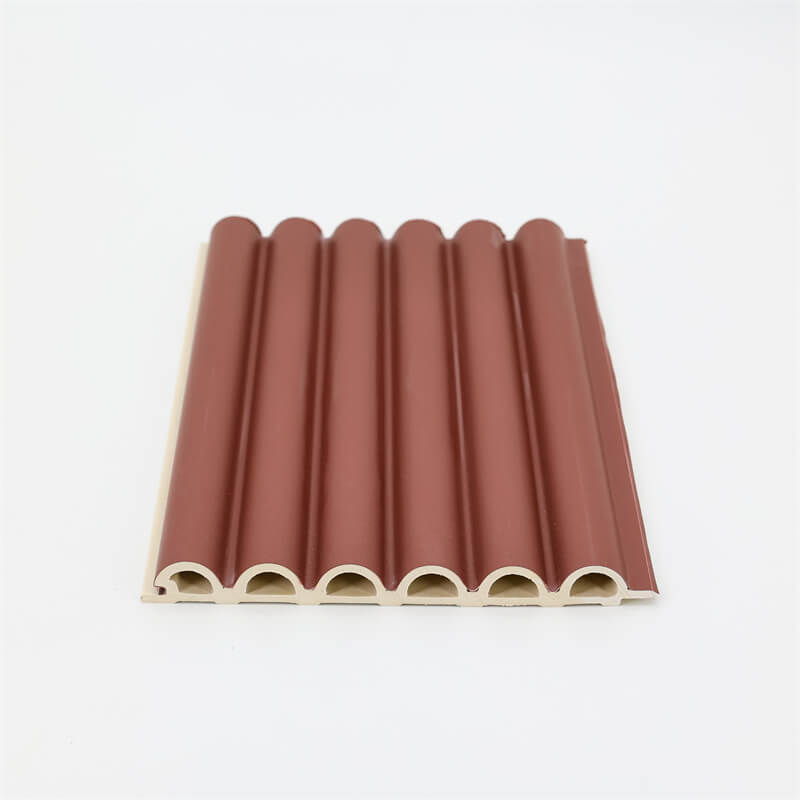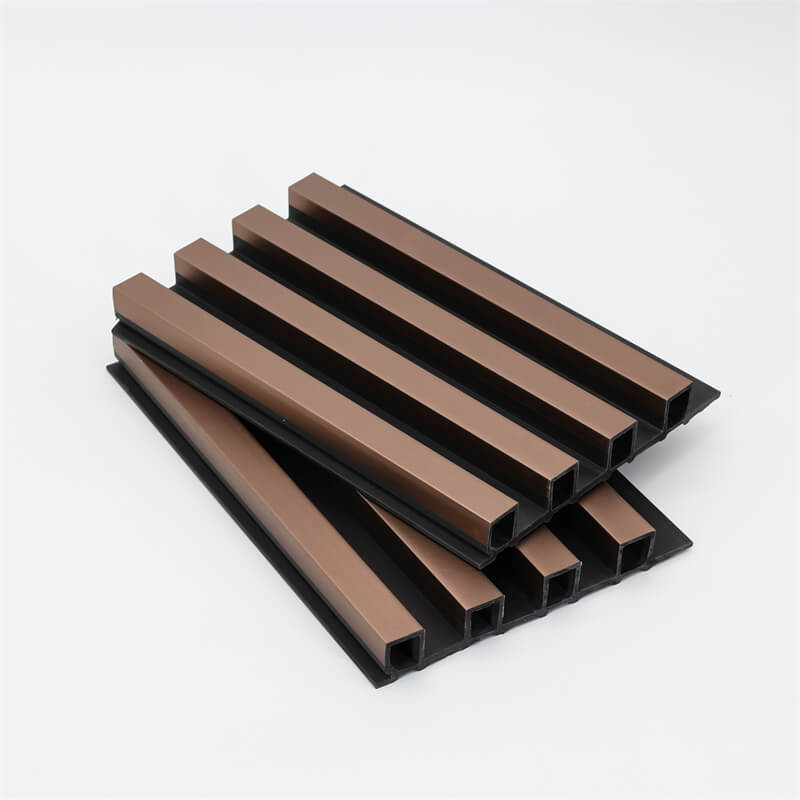
In the fast-paced and noisy world we live in, finding tranquility within our living spaces has become increasingly challenging.
Noise pollution not only affects our mental well-being but also hampers our ability to concentrate and relax.
o combat this issue, architects and interior designers are exploring innovative soundproofing solutions that combine functionality with aesthetics.
Wood Plastic Composite (WPC) wall panels have emerged as an excellent choice for achieving soundproof interiors that promote a sense of calmness and serenity.
This essay delves into the benefits and applications of WPC wall panels for soundproofing, analyzing their impact on creating peaceful and serene interiors.
Understanding the Need for Soundproofing
The Impact of Noise Pollution on Our Lives
Noise pollution has become an inevitable part of urban living, seeping into our homes, workplaces, and recreational spaces.
From the constant hum of traffic to the blaring of television sets, noise pollution negatively affects our physical and psychological well-being.
Prolonged exposure to noise can lead to stress, anxiety, sleep disturbances, and even hearing impairments.
In interior spaces, excessive noise can disrupt conversations, decrease productivity, and hinder relaxation, making it essential to address this issue effectively.
Soundproofing Solutions: Beyond Silence
Soundproofing is the process of minimizing sound transmission between spaces or reducing the amount of sound reflection within a room.
While achieving absolute silence might be impractical, soundproofing aims to create a serene and peaceful environment by controlling the flow of sound waves.
Traditional soundproofing materials like foam and fiberglass can be effective but might not always complement the interior design.
This is where WPC wall panels come into play, providing an innovative and aesthetically pleasing alternative.
Exploring WPC Wall Panels
What is WPC?
Wood Plastic Composite (WPC) is a versatile material made from a blend of wood fibers and thermoplastics, such as polyethylene, polypropylene, or polyvinyl chloride.
The combination of wood and plastic results in a product that inherits the natural beauty of wood while gaining the durability and moisture resistance of plastic.
WPC is widely used in outdoor decking due to its weather resistance, but its application in interior spaces, particularly for soundproofing, is gaining momentum.
Acoustic Properties of WPC Wall Panels
One of the primary reasons WPC wall panels are gaining popularity for soundproofing is their excellent acoustic properties.
These panels effectively dampen sound vibrations, reducing noise transmission between rooms and creating a peaceful atmosphere.
The porous nature of wood fibers within the composite material helps absorb sound, while the plastic component acts as a barrier, preventing sound from passing through.
Aesthetics and Design Options
WPC wall panels offer a diverse range of design options, allowing interior designers to customize the appearance according to the desired ambiance.
The panels come in various colors, textures, and finishes, and they can mimic the look of natural wood or other materials.
This flexibility ensures that soundproofing doesn’t compromise the overall interior design, but rather enhances it, contributing to the creation of serene and visually appealing spaces.

Applications of WPC Wall Panels for Soundproofing
Residential Spaces
In residential settings, peace and tranquility are of utmost importance.
WPC wall panels can be installed in bedrooms, living rooms, and home offices to create a noise-free environment.
Sleep quality can significantly improve in bedrooms with reduced noise intrusion, while a quieter home office boosts productivity and focus.
Additionally, in shared living spaces like apartments, WPC wall panels help maintain privacy by minimizing sound transfer between units.
Commercial Spaces
Businesses are also recognizing the value of incorporating soundproofing solutions into their interior design.
WPC wall panels find applications in conference rooms, private cabins, and waiting areas to ensure confidentiality and enhance the overall client experience.
Moreover, in restaurants and cafes, noise reduction contributes to a more pleasant dining atmosphere, encouraging customers to stay longer and enjoy their meals.
Educational Institutions
Educational settings can be noisy, hindering effective teaching and learning.
Installing WPC wall panels in classrooms, libraries, and study areas helps create focused learning environments and improves concentration among students.
Moreover, in noisy hallways and common areas, soundproofing contributes to a calmer and more conducive atmosphere for social interactions.

Advantages of Using WPC Wall Panels for Soundproofing
Environmentally Friendly Choice
WPC wall panels are an eco-friendly option, as they utilize recycled wood fibers and non-toxic thermoplastics.
By opting for WPC, we reduce the demand for virgin wood and lower the amount of plastic waste in landfills.
Additionally, the production process consumes less energy compared to traditional building materials, making WPC a sustainable choice for soundproofing interiors.
Durability and Longevity
WPC wall panels exhibit excellent resistance to moisture, decay, and insect damage, ensuring they have a longer lifespan than many other building materials.
Their durability makes them a cost-effective investment, requiring minimal maintenance over the years.
Easy Installation and Maintenance
Installing WPC wall panels is a straightforward process, and they can be fixed onto existing walls with ease.
Their smooth surface makes cleaning a hassle-free task, requiring only regular dusting or wiping with a damp cloth.
In conclusion, the importance of soundproofing in creating peaceful and serene interiors cannot be overstated.
Noise pollution adversely affects our physical health, mental well-being, and overall quality of life.
WPC wall panels offer an innovative and aesthetically pleasing solution to combat noise intrusion, helping to achieve quieter and more comfortable living, working, and learning environments.
Their excellent acoustic properties, wide range of design options,
and eco-friendly nature make them a preferred choice for architects and interior designers aiming to strike a balance between functionality and aesthetics.
By incorporating WPC wall panels into residential, commercial, and educational spaces, we can embrace tranquility and promote a sense of calmness in our daily lives.
